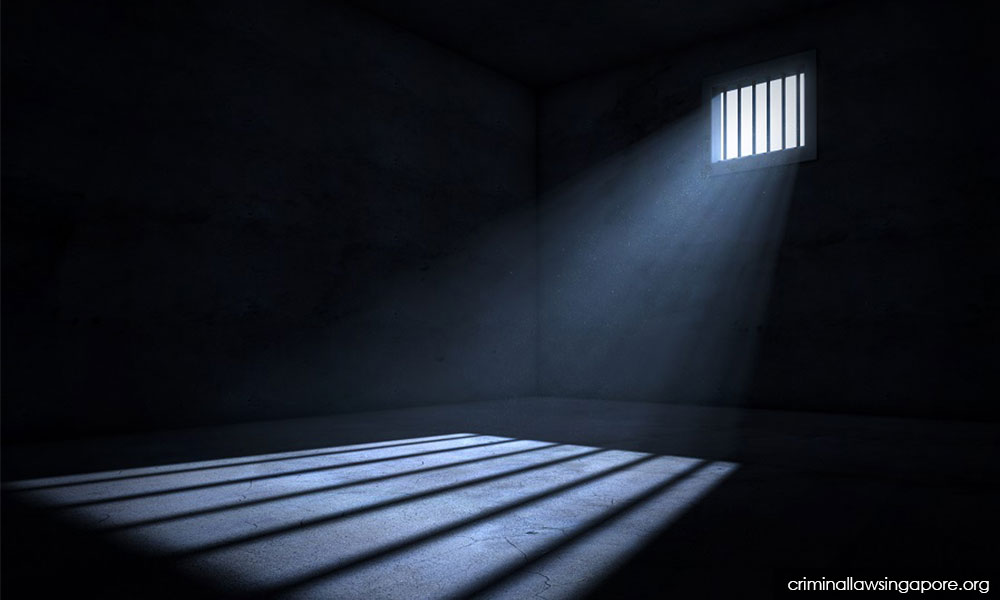
Most prisoners are uneducated, riddled with unresolved trauma and ill-treated mental health problems, drug addictions and self-esteem issues far too often bordering on the pathological. This means the psychological aspects of prison are the most crucial, a task which must be left to modern criminologists and psychologists away from populist politics.
According to Suhakam, more than 600 prisoner deaths happened over three years from 2015-2016. Half of the Malaysian prisons are overcrowded and in bad conditions. This is an expensive problem.
Overcrowded, dirty and dehumanising prisons should be unconstitutional, to begin with. If the goal of “Malaysia Baru” is to abolish the death penalty and bolster human rights, then humane prisons are much needed. To prepare for the abolishment of the death penalty, we should collectively implement long-term strategies and prepare prisoners for reintegration into society in the 21st century.
We can emulate Europe’s success in prison systems by focusing on three core values - normality, humanity and rehabilitation. Most European countries boast of the lowest recidivism rates in the world. The rate at which inmates end up back in prison after two years is 20 percent in Norway. So, whatever they’re doing, it’s working.
Rehabilitative architecture
Open prisons in Scandinavian countries where inmates are allowed to live like regular people should be a model for Malaysia. They should mimic the outside world to prepare for inmates’ reintegration into society. The trick is to invest in facilities. Sounds a little bit too ambitious? Then apply this to minimum security prisons (for petty criminals) first.
For open facilities, implement a screened barbecue pit, gym, table tennis, a dining hall where prisoners and staff eat together and a common kitchen where inmates can cook together (sharp utensils are chained).
Common chilling areas can include gaming corners, traditional board games, art studios for them to paint, fish ponds, mini-libraries, aquariums, colourful bean bags, a projector and a big screen for occasional “movie nights”.
Windows must allow maximum light to enter the room and prisons should be surrounded by a green environment. Walls should be painted in colours that are psychologically proven to heal the mind. Eradicate wired or perimeter walls for open prisons. Germany's prisons (photo) have a lot less violence as all inmates have their own decent-sized rooms.
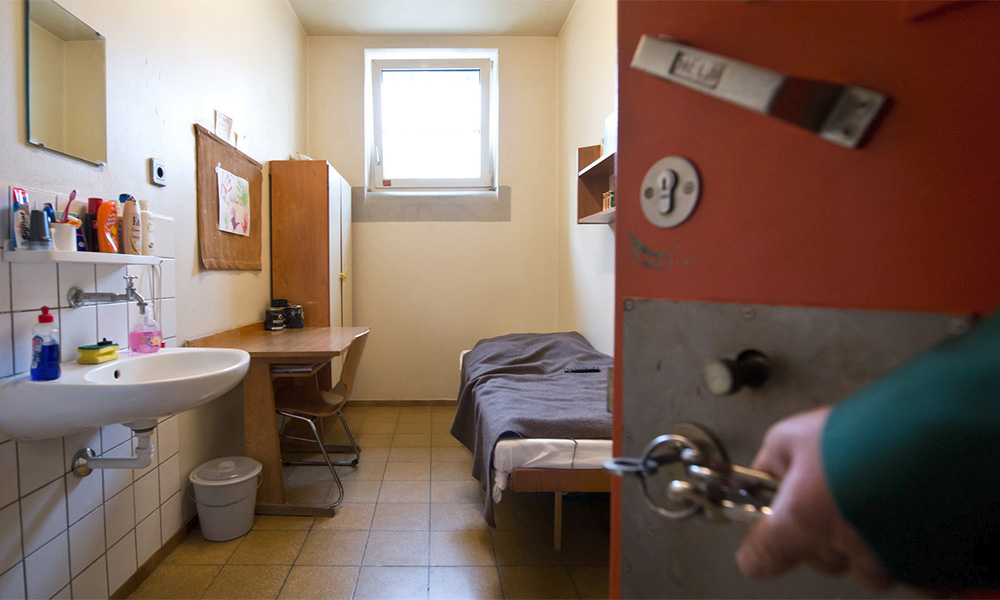
Each prisoner has their own fully-furnished dorm. A study desk, bright with natural light, decorated with personalised items such as wall hangings, plants, family photos together with colourful linen brought from home. Malaysia can start to follow this model for minimum security prisons first.
Prisons don’t have to look like dehumanising torture chambers anymore. Inmates should be called “residents”. Correctional officers should wear colour-coordinated shirts, name-tags and shoulder bars; not intimidating uniforms and no batons, handcuffs or tasers. Allow inmates to wear their own clothes occasionally.
Inmates should not be shackled except in extreme circumstances. Make it a violation of the law if correctional officers abuse their power, abuse sick leave policy or render inhumane treatment upon inmates. Have a regulating head of department that can report unethical conduct of officers and review officers who violate rules immediately.
Invite volunteers, use NGOS
Even if prisons are overcrowded, the involvement of volunteers can contribute to improved morale and reduce inmate idleness. It is time for the government ministry responsible for the prison system to set up an awareness campaign and invite any willing volunteers.
Education can be a great tool for rehabilitation. We need more volunteer services that tutor inmates and help them learn valuable skills essential for the job markets of the 21st century. Perhaps every law school in Malaysia could organise a trip to prison. Invite people to support educational services by donating useful books to prisons. Invite professional motivational life coaches to teach leadership skills, boost inmates’ confidence and skills to find and maintain employment.
If inmates do not find a job, they will end up right back in prison and cost the government even more. If some inmates want to educate youth on how to prevent themselves from ending up as “criminals”, we can cultivate these to be mentors to give inspirational talks, write letters on life advice from prisons which will be available to the public.
We also need volunteers from spiritual and religious groups to help the inmates learn to reflect and pray in lieu of turning back to crime and violence. Different religious coaches should attend to inmates based on their different religious backgrounds. Teaching love and forgiveness that comes from a higher power can be great solace especially for inmates who feel abandoned by their loved ones and feel despair.
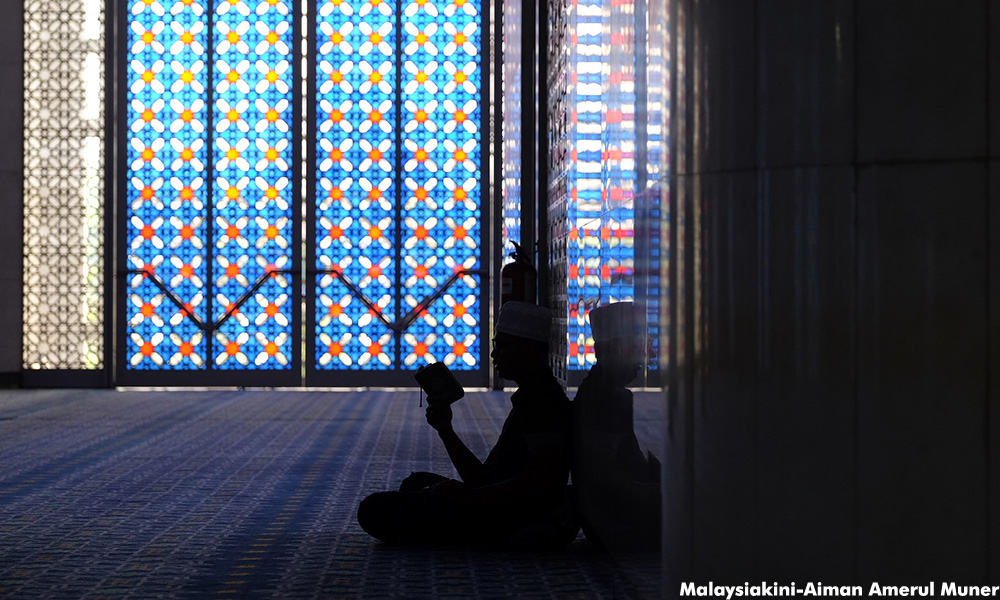
Just like there are soup kitchens for the homeless, there should be more for prisons as well. Prisoners still have basic human rights and to let them know they are not forgotten, it is essential to reward them with outside food.
Reducing idleness
Keeping inmates engaged is one of the best ways to rehabilitate and to keep violence out of the prisons. In Hawaii, a successful mahakiki programme, focusing on native Hawaiian cultural practices and games, sees inmates finding inner peace and encouragement to become better fathers, better husbands. Malaysian prisons should also have classes to strengthen diverse cultural practices while teaching inmates to be better parents, spouses, daughters or sons.
Have more classes for personal growth such as learning new languages, exercise classes, sepak takraw, field and track activities, badminton and other sports that many Malaysians love. Start cultural programmes such as theatre, art shows for and by inmates, music classes and even jam sessions. There should be agricultural projects such as “grow your own crops” or tending to their own prison greenhouses. Increase options for working within the prison while maintaining familial ties through access and increased visiting hours.
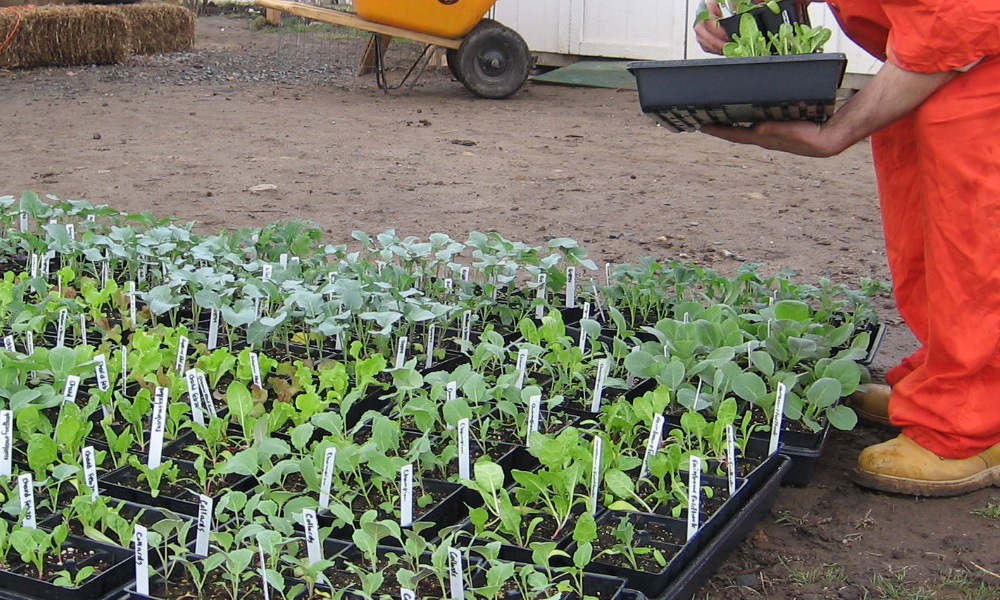
Allow the inmates to gotong-royong together and generate their own ideas to organise their prison like how they would organise their own home. All inmates are expected to contribute to the daily operations of the prison. This can train them in leadership skills, give them a sense of purpose and cooperation, preparing them for life after prison while keeping operating costs of the prison low.
Allow inmates and correctional officers to engage in recreational activities together and encourage handshaking and treating each other with respect.
Mindfulness and spirituality
The hardest challenges of the 21st century will be psychological. The world is evolving so fast that it takes a lot of mental resilience to reinvent ourselves and adapt to change. Even suicides are common among normal, law-abiding men today. Imagine how harder it is for prisoners who have long been confined away from society and still socially and psychologically weak.
Apart from skills-building, the most important investment today is in building a more flexible mind or personality. Prison staff are to teach meditation to Britain’s most dangerous criminals in an attempt to aid their rehabilitation and quell their violent impulses.
About 60 of the most violent men held in segregation units in the country’s eight highest-security prisons will have access to one-on-one training by psychologists and prison officers, the Guardian says. A study, led by Professor Nóra Kerekes (photo) in Sweden, found that 10 weeks of regular yoga can lead to a significant reduction in obsessive-compulsive and paranoid thinking making re-offending less likely.
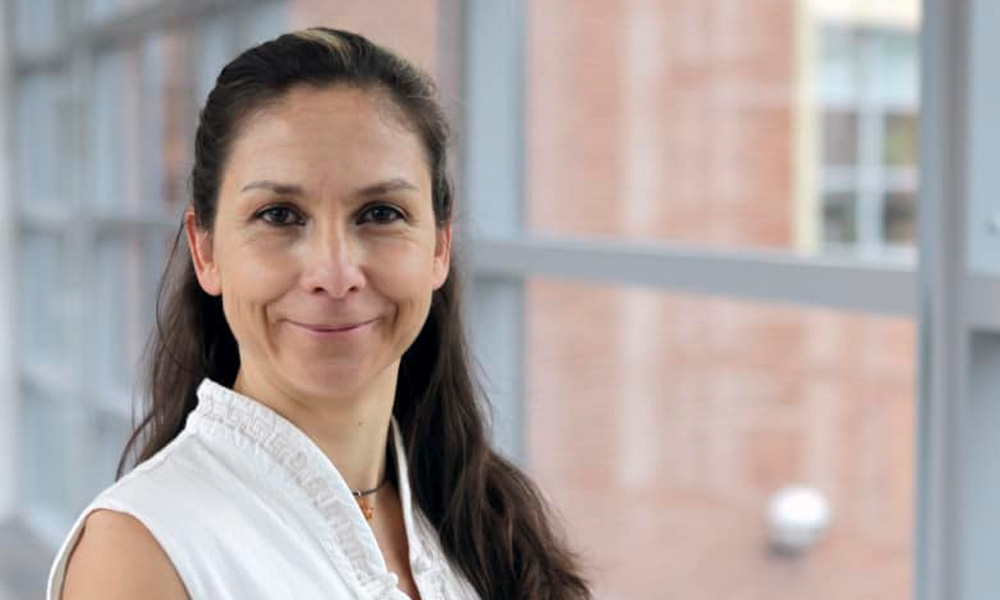
Volunteers, NGOs, contact officers also need to teach prisoners to practice inner leadership, via informal conversations or formal programmes. They can learn to remain centred and grounded even in the middle of massive change by using meditation, exercise, and nature. This can be done for prisoners in regular group meditation and therapy sessions.
Teach inmates how to learn to spot assumptions that no longer hold true; how to spot emerging trends; how to find more opportunities in a changing world and how to choose between them — not always easy when you can’t predict how things are going to turn out.
They should learn how to get clear on their purpose and values because in a world of change this will bring them stability and direction and a degree of control. They must learn to understand and manage the emotional transitions that are inevitably coming.
Prison health, public health
Effective healthcare does not top the priority list in Malaysian prisons. It is found that there are few Malaysian doctors in the prison service because their terms and conditions are not comparable with that offered by the Health Ministry to other doctors.
Hence, the Malaysian government should start a project like the Prison Peer Education Project (PEP) in Mexico where they train inmates to educate other inmates on how to stay healthy by avoiding infectious diseases. They also discuss key health issues, such as substance use and how to navigate the prison health system.
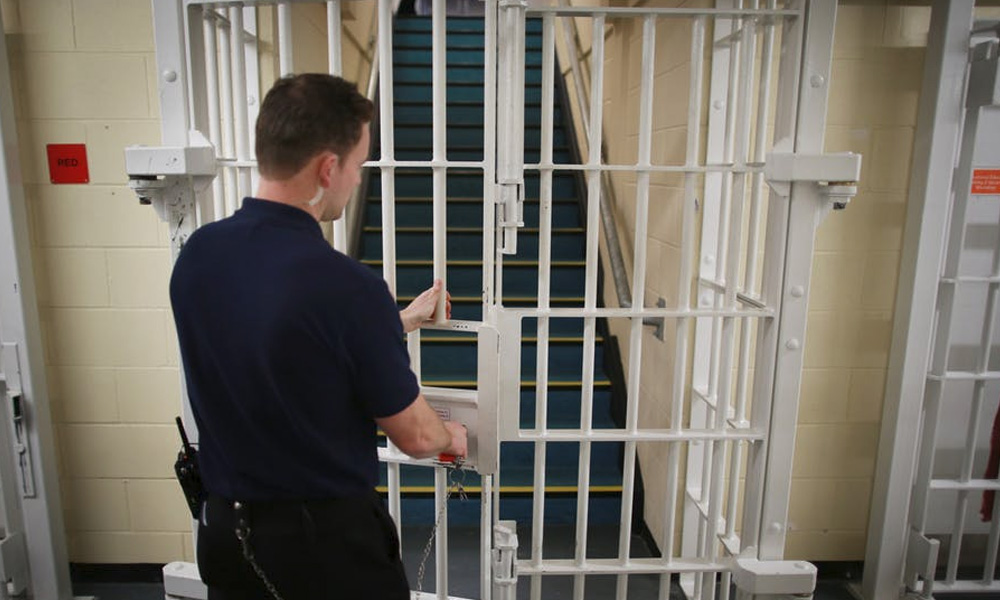
Inmates leading the course would get a certificate after the project for their leadership skills.
We should train inmates in preventative health care including in basic sanitation, food preparation and personal hygiene. Involve low-risk inmate labour to cultivate vegetable gardens to provide additional and more varied food for the prison.
We want to punish criminals by taking away their freedom; not by taking away their lives. You can’t take people who have been in segregation and put them back in society and expect them to have a good day. We don’t have to discard prisons but we should turn them into rehabilitative prisons.
If we all tend to believe that the lack of education, incarceration and high recidivism rates are correlated, why don't we turn prisons into schools? Shouldn’t we take policies and legislation so weighted towards punishment and balance them out by focusing them on education and redemption as well?
Punishment can even be in the form of requiring inmates to behave well, to attend classes and to come up with ideas for contributing to society from behind the walls, razors and fences of prisons.
The Malaysian government has been hopelessly weak on crime and even weaker on the causes of crime. The government and the criminal justice system should be more psychologically-informed. Humans are complex creatures. Punishment is too straightforward a solution as people often have irrational motivations.
We need to treat criminal behaviour as an illness. We need to treat crime as a core problem in society.
AAINAA AZHARI is a final-year law student at Aberystwyth University. -Mkini



No comments:
Post a Comment
Note: Only a member of this blog may post a comment.